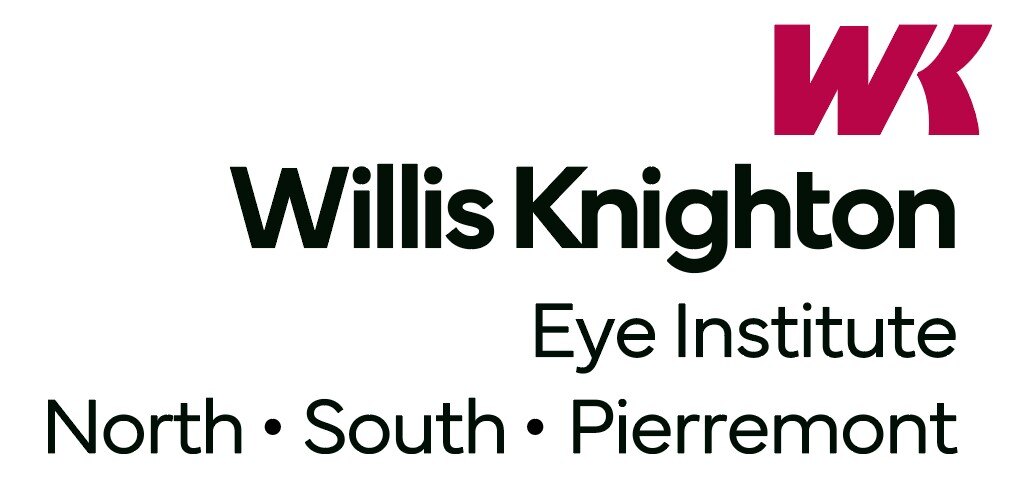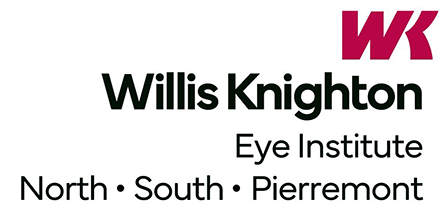At WK Eye Institute, we take pride in serving the greater Shreveport area by delivering top-tier vision care services. That includes offering information on various eye surgery procedures – solutions to enhance eyesight and remove prescription or corrective lens dependence.
Our success comes by addressing all of our patient’s needs from an individual level. We deliver the most appropriate and effective remedy to your eye care needs. Until something threatens your eyesight, you’ll probably keep taking it for granted. Getting your eyes checked is something that probably never crossed your mind before. But for a fact, there is no best quality of life without excellent eyesight.
What Is PRK Surgery?
PRK, or photorefractive keratectomy, is a laser eye correction used to address vision complications brought about by refractive errors. These errors include
- Astigmatism
- Farsightedness (Hyperopia)
- Nearsightedness (Myopia).
How Long Does PRK Last?
About 70% of patients attain up to 20/20 vision after PRK recovery, with nearly 92% attaining 20/40 or better after the PRK procedure. After PRK correction surgery, you may experience minor discomfort for the following two or three days. For that reason, your ophthalmologist should prescribe a regimen of eye drops to address the pain and dryness in adherence to the Academy of Ophthalmology guidelines.
Moreover, expect blurry vision for five days after the PRK procedure. Getting full results may take a month or longer – other professionals believe PRK recovery takes six weeks to six months.
PRK Surgery Recovery
After surgery, the doctor often applies a bandage contact lens, which you’ll wear for about 5 – 7 days to let your eye’s surface heal. During recovery, expect to see your doctor a few times within the next six months. The first appointment typically takes place a day after PRK.
About seven days later, you’ll be back for your second appointment, in which your physician will remove the contact lens. Your vision may turn blurry for several weeks, and you might need glasses to drive at night or read until it evens out.
You’ll also have dry eyes, despite them not feeling that way. The doctor will prescribe eye drops to keep your eyes moist and prevent infection, which might blur your sight or sting but only for a few seconds. A quick point to note? Don’t apply any drops not approved by your doctor.
Your vision will improve gradually with time, and you may even be ready to drive within three weeks. However, your eyesight won’t be at its best until between six weeks and six months.
What Is PRK’s Success Rate?
PRK laser eye correction boasts a high success rate. According to the FDA, the average success stands at roughly 95%. That means most individuals who have undergone the PRK procedure enjoy significant improvement in their vision without using corrective lenses. About 70% of them attain up to 20/20 vision after PRK recovery, with nearly 92% attaining 20/40 or better after the procedure.
What’s the Difference between PRK and LASIK?
Both PRK and LASIK correction surgeries involve employing a laser (which produces a pulsing beam of UV light) to reshape the cornea.
Unlike PRK, LASIK entails cutting a thin flap in your cornea to facilitate the reshaping of the tissue underneath. PRK, on the contrary, involves completely removing the cornea’s outer layer before reshaping, leaving the eye exposed.
Despite being possible to perform both procedures on an outpatient basis, LASIK can also be performed in an ophthalmologist’s office. Further, the PRK procedure takes only roughly 10 to 15 minutes, while LASIK typically takes 30 minutes or less.
PRK surgery recovery may bring about mild discomfort and take weeks or even months before regaining clear vision. However, it only takes about a week for the epithelium, in other words, the cornea’s surface cells, to grow back. As for LASIK, the case is quite different – less pain and a shorter recovery period after surgery.
PRK and LASIK Eye Surgery in Shreveport
PRK may be the better option for people who don’t cut it for LASIK surgery, perhaps due to irregularly shaped or thin corneas. But in some scenarios, patients may get the most out of the LASIK procedure, which is yet another refractive surgery. Both PRK and LASIK surgeries boast high patient satisfaction and success rates.
Learn more about your PRK and LASIK options by contacting our team of expert eye care specialists at one of our convenient Louisiana locations today! With several locations across Shreveport, we’re dedicated to being with you throughout this journey, from consultation on the best eyesight solution for you to your LASIK or PRK recovery.



